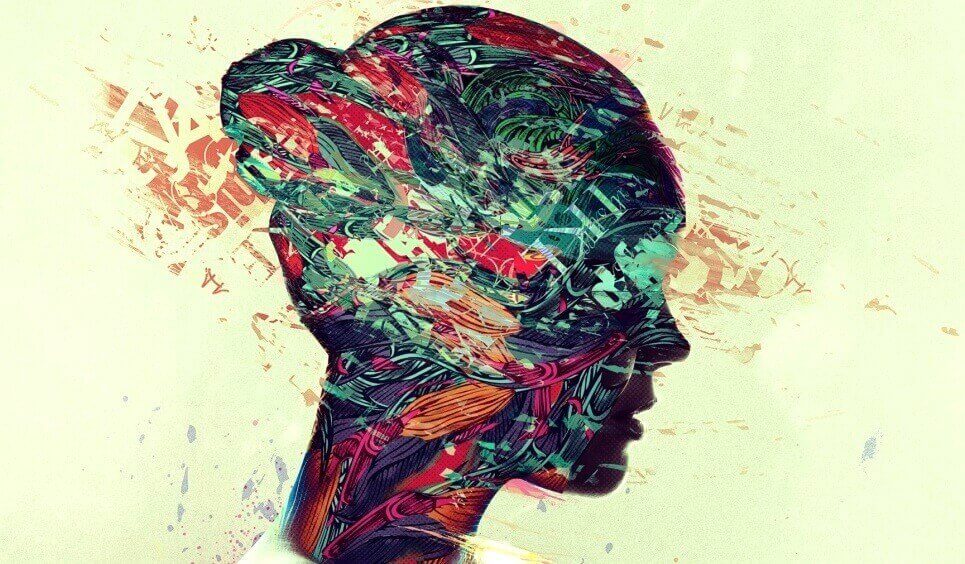If you increase critical thinking, will you have a gun? A solid and exceptional construction. After all, something as simple as applying healthy skepticism, combined with proper personal ethics and a more open mind, can allow us to survive much better in all contexts where we are often forced to think in a unified way.
Maybe we’ve already heard that we’re in what they call the post-truth era. Exaggeration or not, having a critical thought is little more than a vital necessity. If we admit that we are experiencing a “crisis of truth,” where we often draw our emotions to influence our actions, it is essential to react and do so in the best way.
“Doesn’t the spirit that opens up to a new idea regain its original size?Albert Einstein-
In a study published at the University of Cambridge in January this year an important idea was highlighted, in the psychology department of this renowned academic institution it has been noted that in addition to the IQ, in addition to aiming for great intelligence, what could really improve our lives is to have good critical thinking.
The authors themselves pointed out that a person well trained in this skill is able to make more precise decisions and, moreover, ceases to be so manipulative in the interest of advertising or political spheres, being able to solve problems in a more creative, autonomous way. Without a doubt, we are faced with a tremendous psychological resource in which it is worth working. Improving your critical thinking is possible and these strategies can help you succeed.
While there may be some initial inertia, no one comes into this world with an innate ability to apply critical thinking to what is happening in context, this skill is trained, learned, internalized and transformed according to our needs, personality and experiences. continuous feedback where you shouldn’t be passive, not conformist and apply good motivation on a day-to-day basis.
Now let’s see how we can do that
If we were told now that the world would end tomorrow, perhaps 60% of the population would look for a bunker to hide immediately, 20% of others would do their best to find an alternative, a strategy to prevent the arrival of this so-called apocalypse. The third option, which would represent the remaining 20%, would be that of skeptics, who ask: will the world really end?Who said what?
Healthy, intelligent and skilful skepticism is without a doubt the first filter, a filter for the news, opinions, statements or comments we hear daily.
Many of us, instead of living, react to life, respond to problems, face difficulties and challenges without knowing that there is another way to exist: to be proactive, but what does it mean to be proactive?
Diatomical or extreme thinking is very common in our society; It’s fashionable Something’s good or bad. People agree with our ideals and values or not. You’re either a friend or you’re an enemy, you’re blue or you’re red. What do we really gain from applying such moral filters?The truth is very little.
If we could use a more critical thought to reflect and relativize all these dichotomies, we would discover and benefit from our ability to contemplate different points of view. Opening ourselves curiously to all the opinions, features, features and details that mark our scenarios, would enrich us infinitely.
The good sense of humor goes hand in hand with intelligence, who knows how to laugh at himself, who knows how to find the luminous point of fog, play with reality to relativize it, transform it with grace and originality, do others. laugh with his mind, he has a precious gift.
Thus, your critical thinking is also a tool to show your ability to have a clearer view of reality, avoiding getting stuck in frustrations, unresolved anger or misunderstandings that lead us nowhere.
Letting our vital concentration be absorbed by cognitive distortions, such as negativism, excessive generalization, label use, polarized focus, or this selective attention in which we only see what we want, completely limits our critical thinking.
We must be aware of these irrational resources so common in our minds. We need to relativize, broaden visions and horizons, and simply remember that just as we often criticize those around us, we must also be critical of ourselves.
In conclusion, suffice it to say that, as we can imagine, developing this psychological strength takes time, but if you want to strengthen your critical mind, do not forget a simple advice: be free, free of thoughts and break the chains and look at the world humbly, becoming aware of all that you can learn, of the great possibilities that surround you.

